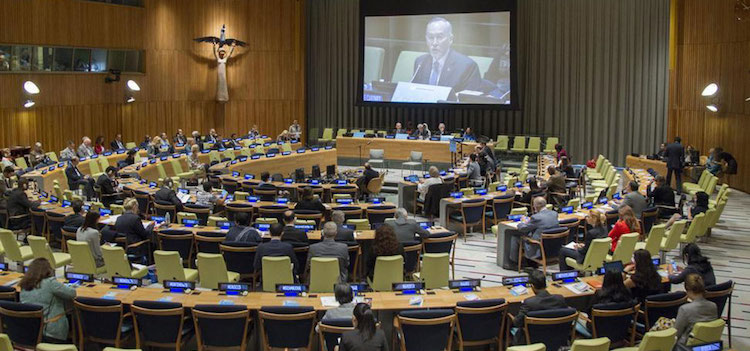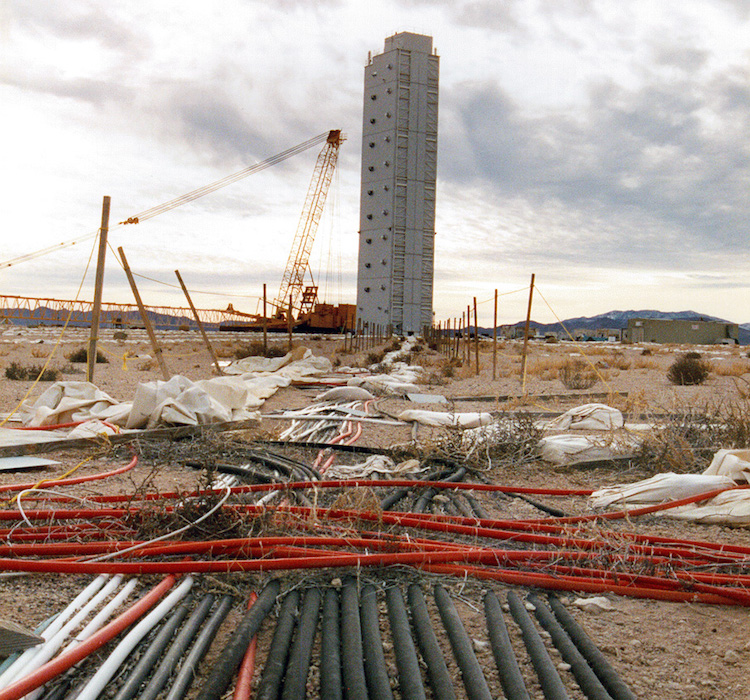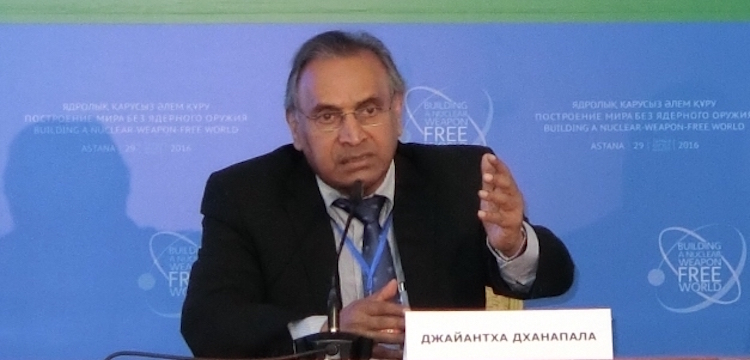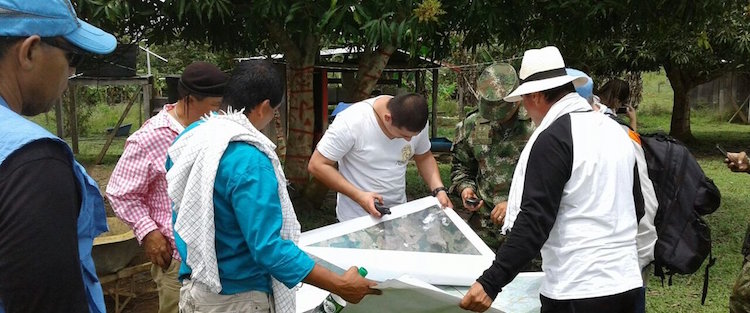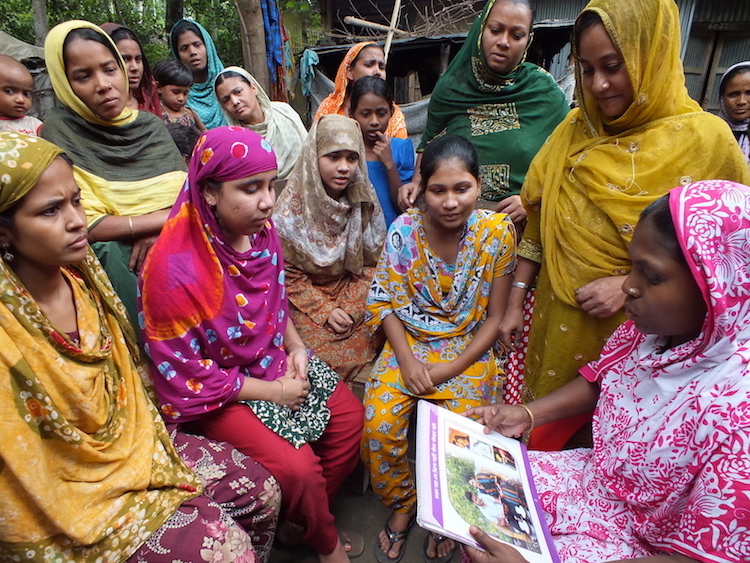By Kavi Chongkittavorn* | Reproduced courtesy of The Nation
BANGKOK (IDN-INPS) – After China’s Premier Li Keqiang outlined his new policy approach in front of ASEAN members in Bandar Seri Begawan in October 2013 – known as the “two plus seven” cooperative framework – nobody predicted it would then be shelved.
Only in recent months have China’s comprehensive initiatives been revisited by ASEAN members. In Vientiane, senior officials from China and ASEAN are currently taking stock of developments and achievements since China attended the first ASEAN meeting in Kuala Lumpur in 1991. They have another week or so to prepare for a joint statement to commemorate the 25th anniversary of relations.



